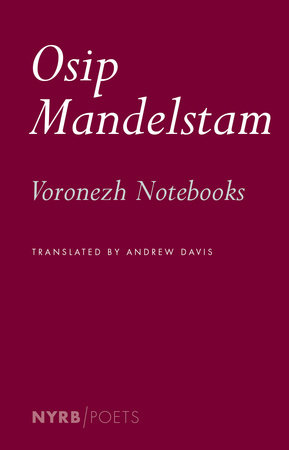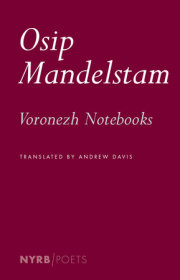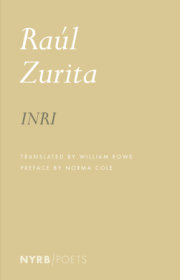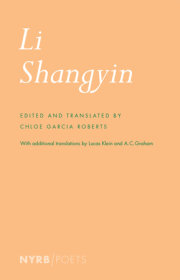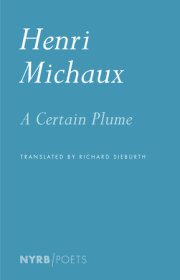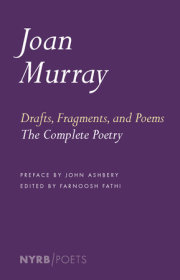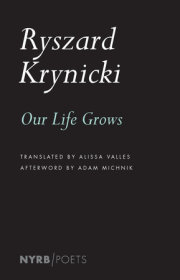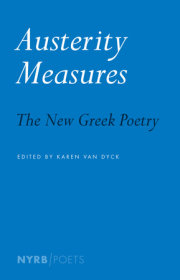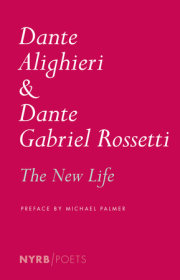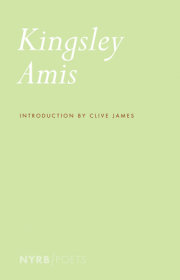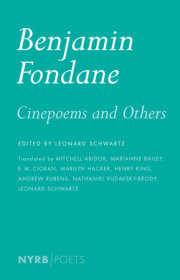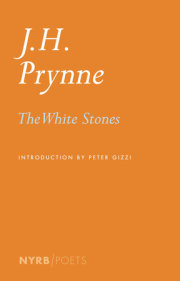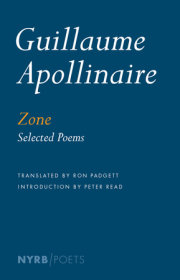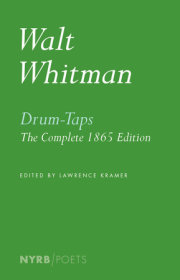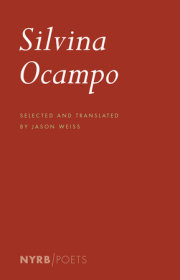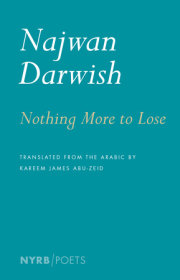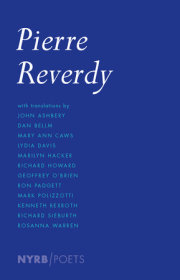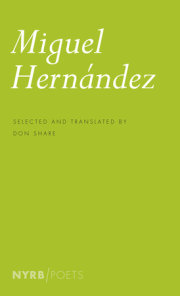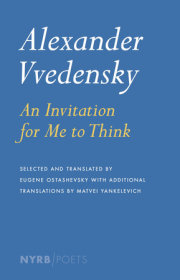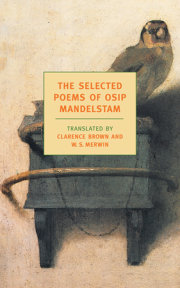Osip Mandelstam (1891–1938) was born and raised in St. Petersburg, where he attended the prestigious Tenishev School, before studying at the universities of St. Petersburg and Heidelberg and at the Sorbonne. Mandelstam first published his poems in Apollyon, an avant-garde magazine, in 1910, then banded together with Anna Akhmatova and Nikolai Gumilev to form the Acmeist movement, which advocated an aesthetic of exact description and chiseled form, as suggested by the title of Mandelstam’s first book, Stone (1913). During the Russian Revolution, he left Leningrad for the Crimea and Georgia, and settled in Moscow in 1922,where his second collection of poems, Tristia, appeared. Unpopular with the Soviet authorities, Mandelstam found it increasingly difficult to publish his poetry, though an edition of collected poems did come out in 1928. In 1934, after reading a poem denouncing Stalin to friends, Mandelstam was arrested and sent into exile. He produced many new poems during these years, and his wife, Nadezhda, memorized his work in case his notebooks were destroyed or lost. (Her extraordinary memoirs of life with her husband, Hope Against Hope and Hope Abandoned, published in the 1970s, later helped to bring Mandelstam a worldwide audience.) In 1937, Mandelstam’s exile ended and he returned to Moscow, but he was arrested again almost immediately. This time he was sentenced to hard labor in Siberia. He was last seen in a transit camp near Vladivostok.
Andrew Davis is a poet, cabinetmaker, and visual artist. His current project is the long poem IMPLUVIUM. He divides his time between Santa Fe, New Mexico, and the north coast of Spain.

